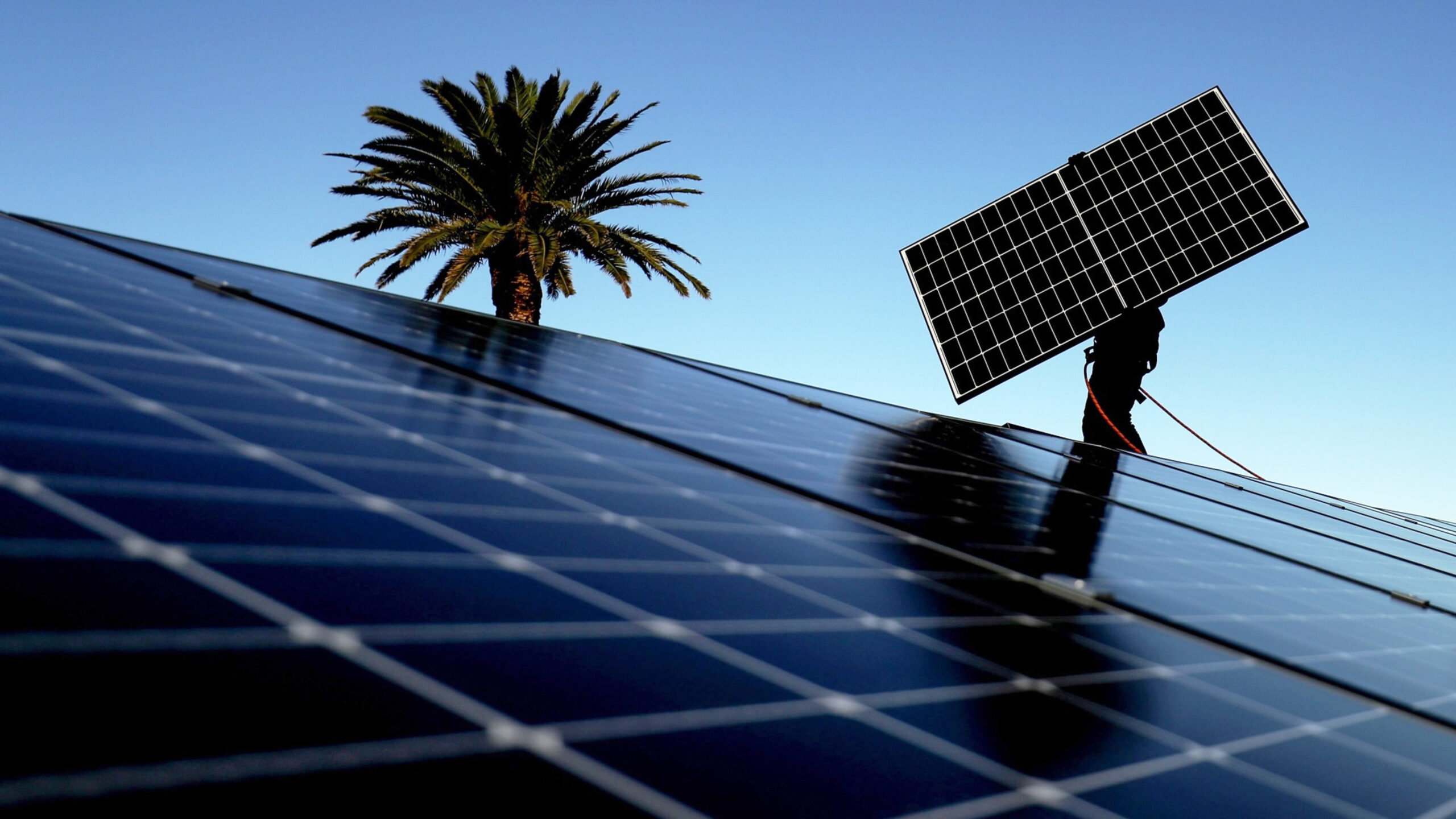
In Charts: Redemptions drag global climate fund flows to lowest level in four years

Global flows into climate funds were valued at $40bn in 2023, accounting for more than half of flows into all funds
Substantial redemptions from funds invested in climate solutions and clean tech companies were responsible for bringing global climate fund flows to their lowest level in four years in 2023, says data provider Morningstar.
Global flows into climate funds were valued at $40bn last year, compared with $60bn in 2022 and $151bn in 2021, when flows peaked, and accounted for more than half of overall global fund flows of $75bn in 2023.
Clean energy/tech funds and climate solutions were affected by wider economic conditions, the data provider says.
Morningstar defines clean energy/tech funds as invested in companies helping to enable the clean energy transition, including renewable energies and grid infrastructure improvements.
Climate solution funds, meanwhile, are defined as invested in companies contributing to the low-carbon transition through their products and services, including businesses involved nuclear power, electric vehicles and batteries.
High interest rates, stubbornly high inflation and weakening valuations in renewable energy stocks pushed down clean energy/tech fund assets by 23 per cent to $58bn, says Morningstar. Climate solutions funds were also affected by high rates and sticky inflation, the data provider adds.
At the same time, climate fund assets grew by 16 per cent in 2023 to $540bn, with Europe making up 84 per cent of these assets.
Passive funds fuelled European climate fund asset growth, accounting for 84 per cent of flows in 2023. Morningstar attributes the passive boom to “continued innovation in indexing” and “improved ESG and climate data quality”.
The EU’s adoption of climate transition benchmarks in 2019 has also supported the growth of European passive flows, the data provider adds.
The EU Climate Transition Benchmark evaluates portfolios’ contributions to the low-carbon transition, while the EU Paris-Aligned Benchmark assesses portfolios’ alignment with the objectives of the 2015 Paris Agreement.
Funds tracking these two benchmarks reached $155bn in assets by the end of 2023, representing an increase of 50 per cent on the prior year.
Similar Articles

In Charts: Canada, Japan, South Korea ‘blocking clean energy transition’ with fossil fuel finance



